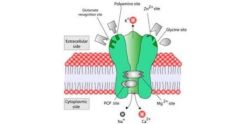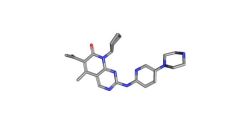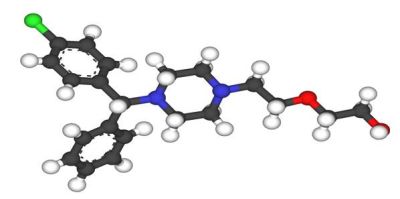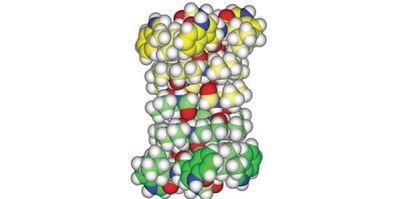A new drug candidate, RPC1063, has shown promising results for relapsing multiple sclerosis. The drug was first discovered at The Scripps Research Institute (TSRI) and then synthesised and further developed in the laboratories of Scripps California by Professor Ed Roberts and Professor Hugh Rosen. Rosen was a key scientist behind the discovery and the initial development of this drug.
Results from a six month Phase 2 study of 258 patients suffering from multiple sclerosis show that the drug was able to reduce the annualised relapse rate of study participants by up to 53 percent, compared to placebo. The drug also decreased the emergence of new brain damage seen by MRI by more than 90 percent.
RPC1063's safety results also show a favourable risk-benefit profile. Approximately 98 percent of the study's participants remained on the drug regimen. This is an important metric since most drugs currently available for multiple sclerosis are difficult for patients to tolerate.
According to Patrick Griffin, Chair of the Department of Molecular Therapeutics and the Direction of Translational Research Institute at Scripps Florida, “this development is an exciting outcome resulting from research within the Scripps Florida Molecular Screen Center. We expect many other programs that Scripps Florida has been involved in will have similar potential to improve human health."
The findings of the study have been presented at the MS Boston 2014 meeting. The technology from TSRI has also been licensed by Receptos, a San Diego biopharmaceutical company who will now be developed RPC1063 for approval by the US Food and Drug Administration (FDA). The drug is currently in a Phase 3 randomised, double-blind study with 1200 relapsing multiple sclerosis patients. The trial is expected to conclude in 2017.
The compound has also shown effective results in the treatment of other autoimmune diseases. It is currently being evaluated in a Phase 2 study for the treatment of moderate to severe ulcerative colitis. The results of this study, called Touchstone, are expected by the end of 2014.
Receptos is a Phase 3 clinical stage biopharmaceutical company that focuses on discovering, developing and commercialising innovative immune disease therapies. The company considers RPC1063 to be its lead asset and is developing it as an oral therapy for Relapsing Multiple Sclerosis and Inflammatory Bowel Disease. The ultimate goal of the company is to demonstrate clinically meaningful differentiation as compared to other available therapies.
Source: Science Daily
Image Credit: Wikimedia Commons























